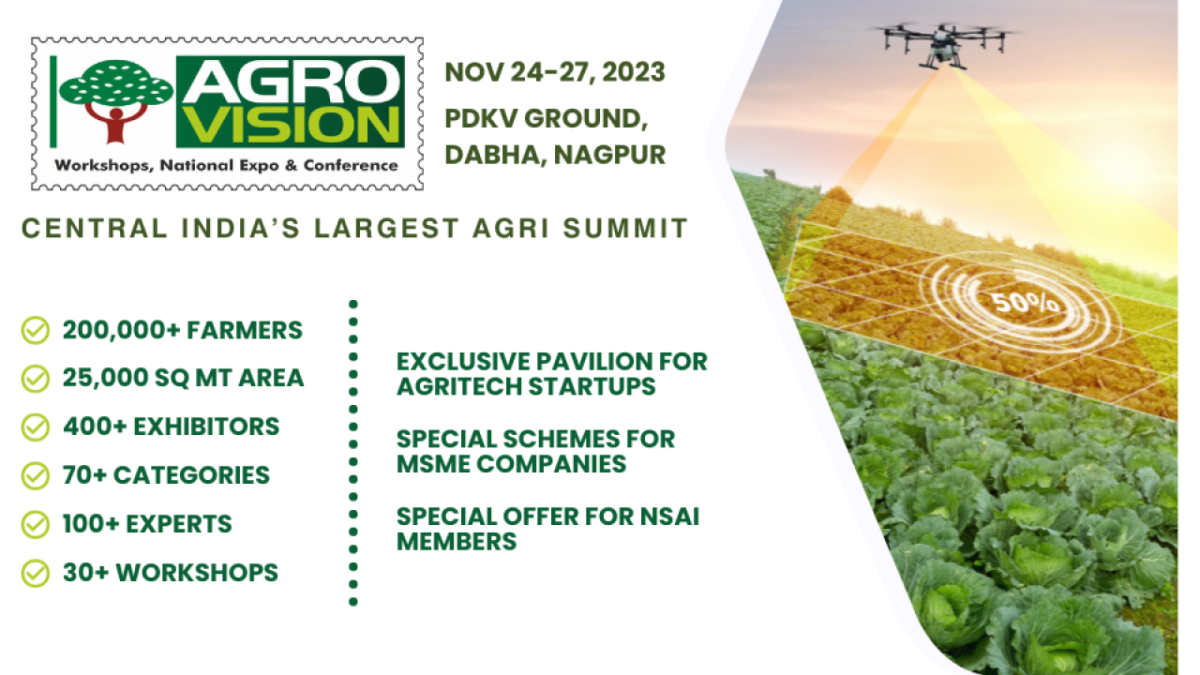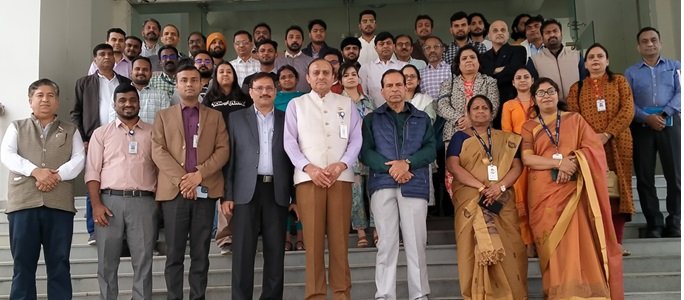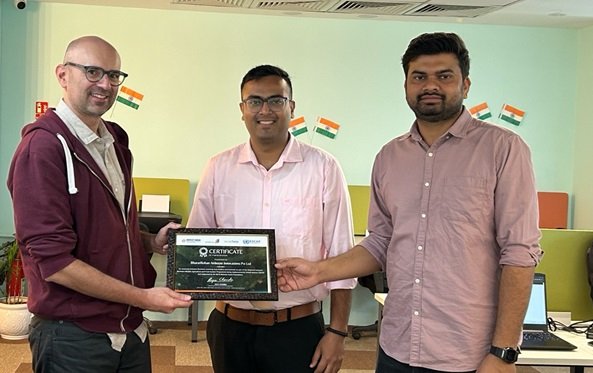Arete Group forges strategic partnership with Silox India Private Limited for land acquisition at PIP, Dahej
This strategic collaboration aims to foster growth, innovation, and sustainability in the chemical manufacturing sector
Arete Group, a renowned business conglomerate, announced a significant transaction involving the acquisition of 35 acres of prime industrial land by Silox India Private Limited at PIP (Payal Industrial Park) in Dahej Gujarat. Silox India is a leading manufacturer of inorganic chemicals headquartered in Belgium. This strategic collaboration aims to foster growth, innovation, and sustainability in the chemical manufacturing sector.
PIP, developed and promoted by Arete Group, stands as India’s largest privately integrated industrial park, strategically located within the Gujarat PCPIR (Petroleum, Chemicals, and Petrochemicals Investment Region). Approved by the Government of Gujarat, PIP offers world-class infrastructure and facilities, creating an ideal environment for manufacturing plants and large-scale industries. The park, sprawling over 3,500 acres, has been meticulously planned by engineering and construction giant CH2M Hill, catering to the specific requirements of water-intensive and polluting industries.
The facilities at PIP, including water access, an effluent treatment plant, and environmentally friendly plans, align perfectly with Silox’s commitment to sustainability. The collaborative environment at PIP is expected to enhance Silox India’s capacity by 30-40 per cent compared to its current capabilities, fostering growth and innovation.
Prakash Raman, MD of Silox India Private Limited, shared his perspective on the partnership: “As a manufacturer of inorganic chemicals, our collaboration with PIP signifies a strategic move towards achieving our growth objectives. The facilities offered by PIP, coupled with its environmentally conscious approach, provide us with a collaborative environment to thrive. We anticipate that this partnership will not only enhance our production capacity but also contribute to the overall success of both Silox India and PIP.”
This strategic collaboration aims to foster growth,














